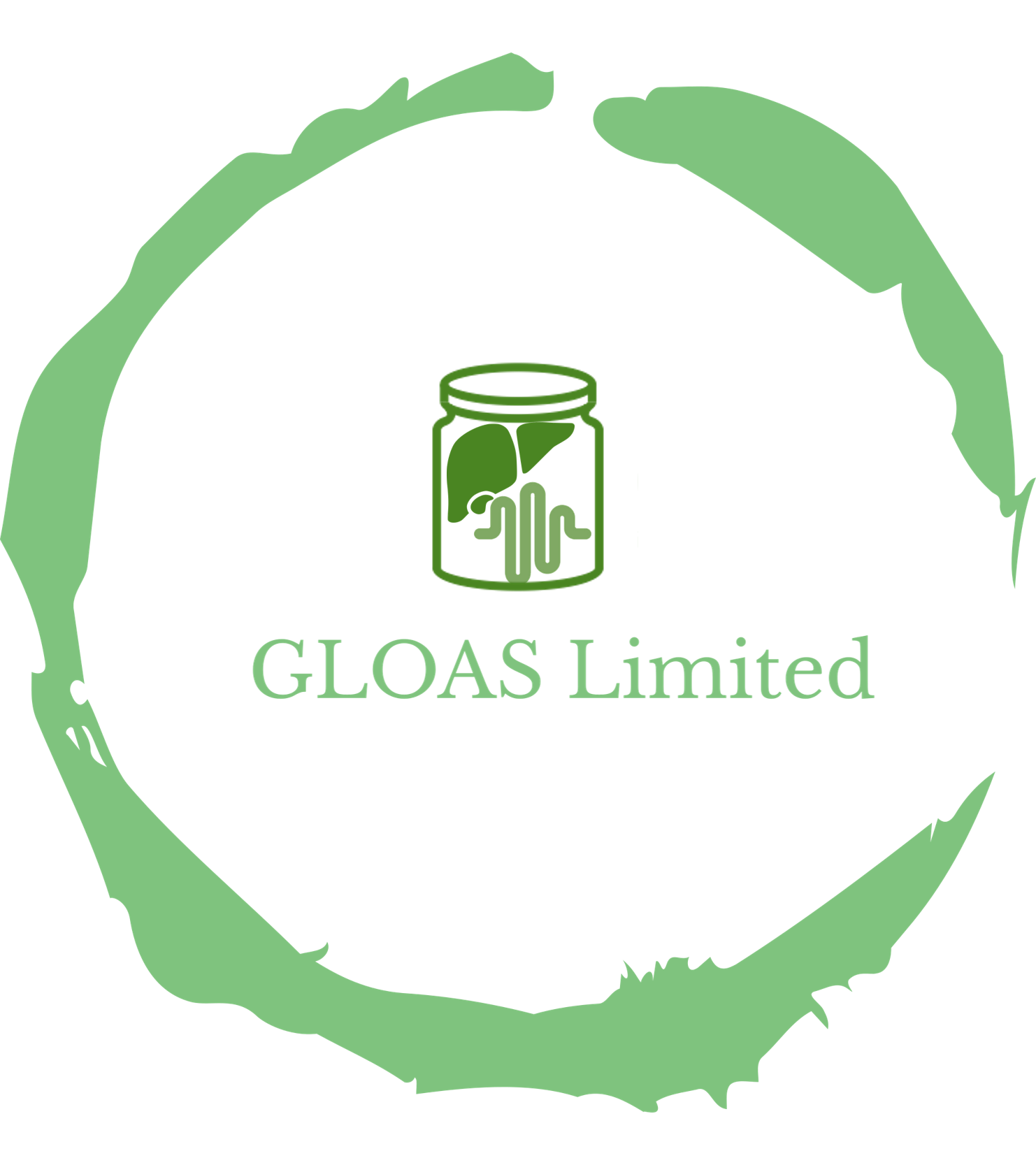Company
Our mission is to revolutionise drug and therapeutic discovery and development, provide a novel and affordable solution for medical treatment, patient stratification and disease diagnostics for rare diseases in newborns.
We have noticed a lack of effective treatments for these conditions and an urgent need for human organ proxies in vitro for disease modelling, biomarker, drug and therapeutic discovery.
To address these challenges, we will provide state-of-the-art and first-in-class human disease organoids for personalised precision medicine, regenerative medicine and preventive care for rare newborn diseases. Our organoid platform marks the beginning of the deployment of a novel and affordable solution for medical treatment, patient stratification and disease diagnostics. This platform is poised to make a significant impact in reducing mortality rate, saving billions of dollars in healthcare costs and improving the quality of life for individuals.
Description
GLOAS (Gut Liver Organoid Advance Science) Limited – a pioneer in revolutionising drug and therapeutic discovery and development



